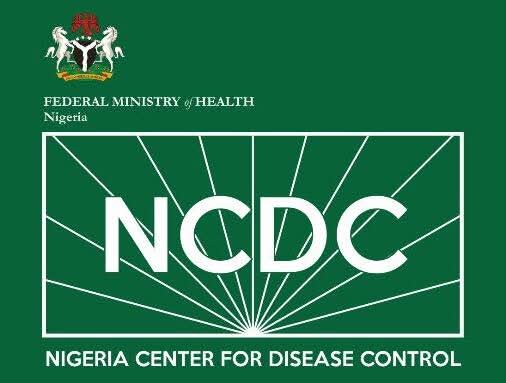The Nigeria Centre for Disease Control and Prevention (NCDC) has issued a public health advisory following the confirmation of a fresh outbreak of the Ebola Virus Disease (EVD) in the Democratic Republic of Congo (DRC).
According to the Ministry of Health in the DRC, 28 suspected cases and 15 deaths, including four health workers, have been reported in Kasai Province as of September 4, 2025. The outbreak has so far affected the Bulape and Mweka health zones, with laboratory results confirming the Ebola Zaire strain as the causative agent.
Symptoms observed among patients include fever, vomiting, diarrhoea, and haemorrhage. The case fatality rate currently stands at 57%, although investigations and laboratory analyses are still ongoing.
The DRC has since activated its Public Health Emergency Operations Centre and deployed a National Rapid Response Team, supported by the World Health Organization (WHO), to strengthen surveillance, laboratory diagnostics, case management, and infection prevention and control. Importantly, the Ebola Zaire strain has an approved vaccine – Ervebo – which has been found effective in preventing infection.
No Ebola Case in Nigeria
In the advisory signed by the Director-General of the NCDC, Dr. Jide Idris, the agency reassured Nigerians that no Ebola case has been detected in the country. However, surveillance has been heightened, especially at borders and points of entry. The NCDC also noted ongoing efforts to strengthen infection prevention and control measures across health facilities.
“Our risk communication and community engagement structures have been activated to ensure timely and accurate information is provided to Nigerians as well as track and address rumours and misinformation,” the statement added.
Preventive Measures for Nigerians
The NCDC urged citizens to strictly adhere to the following preventive measures:
- Practice regular handwashing with soap and water, or use alcohol-based sanitizers.
- Avoid contact with persons showing symptoms of infection of unknown cause.
- Reduce risk of wildlife-to-human transmission by avoiding contact with fruit bats, monkeys/apes, and consuming raw or undercooked bushmeat.
- Avoid direct contact with the blood and body fluids of suspected or confirmed cases.
- Report symptoms such as fever, diarrhoea, vomiting, or unexplained bleeding in anyone with a recent travel history to affected countries by calling 6232 or state health hotlines.
Advice to Healthcare Workers
Healthcare professionals across the country have been urged to maintain a high index of suspicion and adhere strictly to infection prevention and control (IPC) protocols. Suspected cases should be immediately reported to the NCDC or State Ministries of Health.
Travel Advisory
The agency advised Nigerians to avoid non-essential travel to countries with confirmed Ebola cases. Travellers arriving from affected countries within the last 21 days who develop symptoms have been instructed to self-isolate and contact health authorities immediately.
Meanwhile, the NCDC said it continues to manage several other outbreaks in Nigeria, including Lassa fever, meningitis, diphtheria, Mpox, measles, and anthrax. It promised periodic updates on both the Ebola situation and domestic outbreaks.













